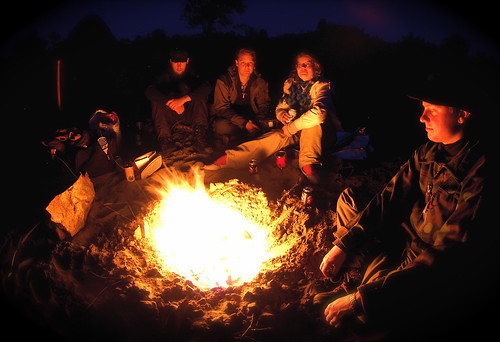Here is an excerpt of my first post and a link to the rest of the article:
A few months ago, listening to BBC Radio 4, I heard a government minister use a word, or one of its derivatives, well over 48 times in a four minute segment. Well, I only started counting after I had heard it half a dozen times and I stopped counting at 48, but the barrage continued. The word in question: innovation. The problem was, not one of the instances where the word was used had anything to do with real innovation. The word was being loosely employed to denote some aspiration for newness or a mild departure from previous practice.
We have a habit of doing this with brilliant meaningful words and phrases. Casually employing them inappropriately with the effect that we drift from their true meaning and devalue them over time. Take public consultations for example. A beautiful idea in principle, that we should engage in a meaningful discussion between state and the citizenry before some policy suggestion becomes a reality for said citizens. Yet what we get is 180 page documents written in some impenetrable language that is only accessible to lobbyists and their lawyers. And then we scratch our heads wondering where the trust between the citizen and her government has gone…


